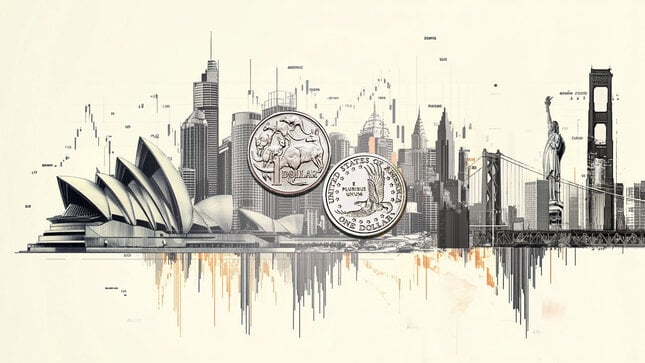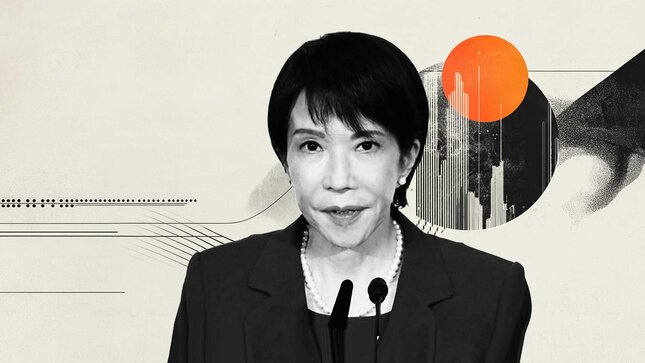I was teaching our online Professional Real Estate Investor class and I used the term HUD 1 without giving it a second thought. However, I then received an email from a student asking me to explain what a HUD 1 statement is and why they need to know about it. What a great topic for an article.
First, let’s start with the definition of a Good-Faith-Estimate: An estimate of the fees due at closing for a mortgage loan. This estimate must be provided by a lender to a borrower within three days of the lender taking a borrowers application. This estimate is required by RESPA (Real Estate Settlement Procedures Act). This is only an estimate and the final amount can sometimes be different. There is a standardized form that is used in the industry to allow borrowers to compare costs between lenders.
Next is the “HUD 1”: Also known as the settlement statement. It shows the final accounting of all the costs (we’ll explore those next) and credits associated with the successful completion of a real estate transaction that involves a mortgage. Now it is “Best Practice” for whoever the third party is doing the closing (whether it’s a title company, lawyer or escrow company) to use a HUD 1 for all the final accounting even if there isn’t a loan involved in the transaction.
If you’re the seller, the HUD 1 will tell you how much you will receive in cash from the sale of the property. If you’re a buyer it will tell you how much it’s going to cost. There is that word again, COST. So what are the costs?
Costs in a real estate transaction break down in large and small amounts:
Down Payment: This amount depends more on the price of the property and the loan requirements. The typical range is anywhere between 3% for a FHA/VA loan to a standard 20% down payment.
Loan Origination and Points: You may agree to pay “points” in order to get a lower interest rate. Think of this as pre-paid interest. For each point purchased, the loan rate is typically reduced by 1/8 of a percentage.
Sales/Brokers’ Commission: This is the total dollar amount of the real estate broker’s sales commission, which is usually paid by the seller. The commission is typically a percentage of the selling price of the home.
Appraisal Fee: This charge pays for an appraisal report made by an appraiser, required by the lender.
Credit Report and Score Fee: This charge is required by a lender. The cost is around $10-$20.
Mortgage Broker Fee: Fees paid to the broker who facilitated your loan, not a direct lender.
Interest: Lenders usually require borrowers to pay the interest that accrues from the date of settlement to the first monthly payment.
Mortgage Insurance Premium: Also known as PMI. This is extra insurance that lenders require from most homebuyers who obtain loans that are more than 80 percent of their new home’s value. In other words, buyers with less than a 20 percent down payment are normally required to pay PMI. PMI protects your lender if you default on a loan, something that weighs heavily on the minds of lenders in today’s economic climate.
Hazard Insurance Premium: Hazard insurance protects you and the lender against loss due to fire, windstorm, and natural hazards. Lenders often require the borrower to pay the first year’s premium at settlement.
Title Insurance: Insurance that covers the loss of an interest in a property due to legal defects and is required if the property has a mortgage. This is most often paid by the borrower.
Settlement or Closing Fee: This fee is paid to the settlement agent or escrow holder. Who pays this fee is often negotiated between the seller and buyer.
Document Preparation Fee: This is a separate fee that some lenders or title companies use to cover their costs of preparation of the final legal papers such as the mortgage, deed of trust, note or deed. There will also likely be a notary fee when the documents are signed.
Inspection Fees: Such as Pest, Mold, Lead-Based Paint and so on.
Paid Outside of Closing (“POC”): Fees such as those for credit reports and appraisals are usually paid by the borrowers before closing/settlement.
Hope this was helpful; the HUD 1 is the most important document from your closing. You will need it for tax purposes and it should ALWAYS be kept as part of your permanent record.
Great Fortune.
This content is intended to provide educational information only. This information should not be construed as individual or customized legal, tax, financial or investment services. As each individual's situation is unique, a qualified professional should be consulted before making legal, tax, financial and investment decisions. The educational information provided in this article does not comprise any course or a part of any course that may be used as an educational credit for any certification purpose and will not prepare any User to be accredited for any licenses in any industry and will not prepare any User to get a job. Reproduced by permission from OTAcademy.com click here for Terms of Use: https://www.otacademy.com/about/terms
Editors’ Picks

AUD/USD taps three-year highs on broad US Dollar weakness
AUD/USD is trading near three-year highs after a strong break above the 0.7000 psychological level for the first time since February 2023, supported by the Reserve Bank of Australia's surprise 25 basis point rate hike to 3.85% at its February meeting. The daily chart shows the pair in a well-defined uptrend, holding above both the 50-day Exponential Moving Average near 0.6970 and the 200-day EMA around 0.6700.

EUR/USD extends its optimism past 1.1900
EUR/USD retains a firm underlying bid, surpassing the 1.1900 mark as the NA session draws to a close on Monday. The pair’s persistent uptrend comes as the US Dollar remains on the defensive, with traders staying cautious ahead of upcoming US NFP prints and CPI data.

Gold picks up pace, retargets $5,100
Gold gathers fresh steam, challenging daily highs en route to the $5,100 mark per troy ounce in the latter part of Monday’s session. The precious metal finds support from fresh signs of continued buying by the PBoC, while expectations that the Fed could lean more dovish also collaborate with the uptick.

Litecoin eyes $50 as heavy losses weigh on investors
Following a strong downtrend across the crypto market over the past week, Litecoin holders are under immense pressure. The Bitcoin fork has trimmed about $1.81 billion from its market capitalization since the beginning of the year, sending it below the top 20 cryptos by market cap.

Japanese PM Takaichi nabs unprecedented victory – US data eyed this week
I do not think I would be exaggerating to say that Japanese Prime Minister Sanae Takaichi’s snap general election gamble paid off over the weekend – and then some. This secured the Liberal Democratic Party (LDP) an unprecedented mandate just three months into her tenure.
RECOMMENDED LESSONS
Making money in forex is easy if you know how the bankers trade!
I’m often mystified in my educational forex articles why so many traders struggle to make consistent money out of forex trading. The answer has more to do with what they don’t know than what they do know. After working in investment banks for 20 years many of which were as a Chief trader its second knowledge how to extract cash out of the market.
5 Forex News Events You Need To Know
In the fast moving world of currency markets where huge moves can seemingly come from nowhere, it is extremely important for new traders to learn about the various economic indicators and forex news events and releases that shape the markets. Indeed, quickly getting a handle on which data to look out for, what it means, and how to trade it can see new traders quickly become far more profitable and sets up the road to long term success.
Top 10 Chart Patterns Every Trader Should Know
Chart patterns are one of the most effective trading tools for a trader. They are pure price-action, and form on the basis of underlying buying and selling pressure. Chart patterns have a proven track-record, and traders use them to identify continuation or reversal signals, to open positions and identify price targets.
7 Ways to Avoid Forex Scams
The forex industry is recently seeing more and more scams. Here are 7 ways to avoid losing your money in such scams: Forex scams are becoming frequent. Michael Greenberg reports on luxurious expenses, including a submarine bought from the money taken from forex traders. Here’s another report of a forex fraud. So, how can we avoid falling in such forex scams?
What Are the 10 Fatal Mistakes Traders Make
Trading is exciting. Trading is hard. Trading is extremely hard. Some say that it takes more than 10,000 hours to master. Others believe that trading is the way to quick riches. They might be both wrong. What is important to know that no matter how experienced you are, mistakes will be part of the trading process.
The challenge: Timing the market and trader psychology
Successful trading often comes down to timing – entering and exiting trades at the right moments. Yet timing the market is notoriously difficult, largely because human psychology can derail even the best plans. Two powerful emotions in particular – fear and greed – tend to drive trading decisions off course.

